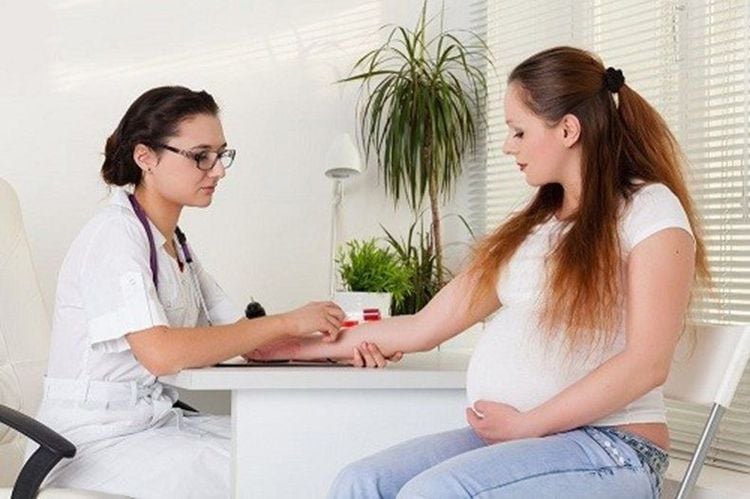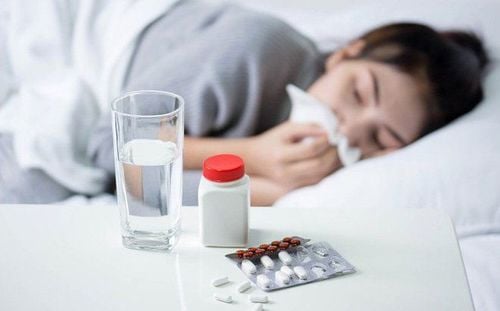This is an automatically translated article.
Many people have the wrong idea that pregnant women cannot have sexually transmitted diseases, so they do not get tested, leading to unfortunate consequences later on.Can pregnant women get STIs? The answer is yes. Pregnancy does not provide a woman or fetus with any barrier against sexually transmitted diseases. Therefore, pregnant women can completely be infected with sexually transmitted diseases - no different from a normal woman.
Many sexually transmitted diseases have no specific symptoms. So, sometimes you have a disease without knowing it completely. If you are pregnant, you should get tested to see if you have a sexually transmitted disease. If the answer is yes, everyone you've had sex with should also be tested and treated.
How can sexually transmitted diseases affect a pregnant woman and her baby? Sexually transmitted diseases can have a serious impact on you and your unborn baby. You will probably see the consequences as soon as your baby is born. However, it may take months or years for you to discover the problem. In addition, having a sexually transmitted disease increases the risk of HIV infection. These problems can all be prevented if you get regular medical care during pregnancy.
Should I get tested for STIs during pregnancy? The answer is yes. Screening and treating pregnant women with the disease is an important step in preventing serious complications that can happen to both mother and baby. The sooner you go to medical facilities for health care, the better the results will be.
Have an open, frank conversation with your doctor. Share your symptoms and any sexual behavior that carries a high risk of infection. Even if you've been tested for STIs in the past, you should still get tested again during pregnancy.

Kiểm tra và điều trị cho thai phụ mắc bệnh là bước quan trọng để ngăn ngừa những biến chứng nghiêm trọng có thể xảy đến với cả mẹ và bé
Some sexually transmitted diseases, such as chlamydia, gonorrhea, syphilis, trichomoniasis, and bacterial vaginosis, can be treated with antibiotics that are safe for pregnant women.
Meanwhile, diseases caused by viruses, such as genital herpes, hepatitis B or HIV are not curable.
However, in some cases, you can take antiviral medicines or take other precautions to reduce the risk of passing the infection on to your baby. If you're pregnant or considering becoming pregnant, it's a good idea to get tested to protect yourself and your baby.
How to reduce the risk of STIs during pregnancy? The only way to prevent the disease is not to have vaginal, anal or oral sex.
If you want to have sex, make sure your husband has been tested and has negative results for sexually transmitted diseases. Only have monogamous sex and remember to use condoms correctly.
Source: Centers for Disease Control & Prevention (US CDC)













